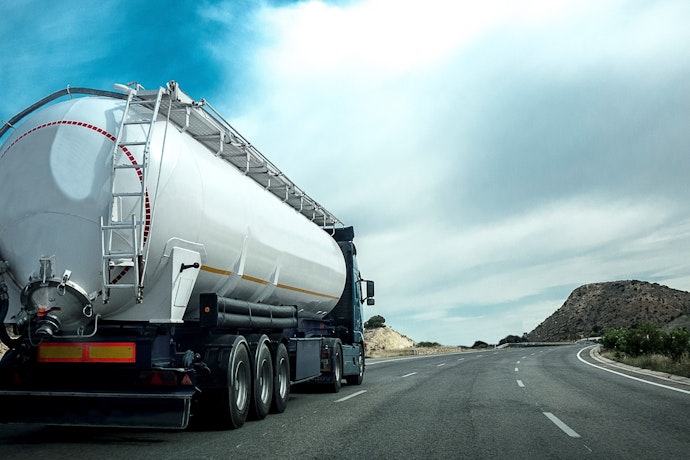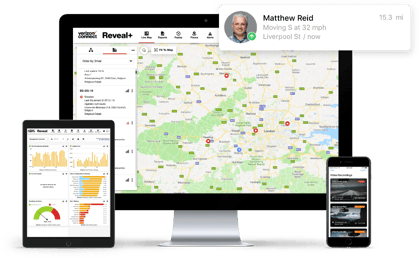9 Secrets to Reducing your Fleet Expenses
As a fleet owner, your day-to-day costs can quickly add up. What you don’t know is there are further hidden, expensive...
Read more
Fuel is often the biggest cost for fleet-reliant businesses. And while business owners may be able to plan approximately how much fuel they require over a given period, estimating how much that fuel will cost is another matter.
Prices at the pump are prone to wild fluctuation, usually in response to factors far outside of our control. Petrol prices are currently up 5.8 pence on last year, with diesel prices up 0.5 pence over the same period.
As always, several factors are currently causing fluctuations in the price of fuel. And while business owners can do nothing about these outside influences, it is possible to reduce consumption overall and lessen the impact of future price rises.
It’s never easy to predict fuel price fluctuations. One thing that has become clear over the years, however, is that as tensions rise in the Middle East so too do prices at the pump.
Since the recent escalation between the US and Iran in early January, petrol prices have jumped over 3 pence, up to 127.33p per litre before falling again to 124.73p.
While tensions seem to have cooled for now, prices are not expected to fall much lower.
Brexit has been a cause for concern among fleet-reliant business owners for some time now. Uncertainty around compliance, processes and required paperwork has made it difficult to plan for life outside the EU.
But while the UK may have officially left the trade bloc, things are not much clearer. A “no deal” Brexit, while less likely than it was several months ago, is by no means off the table. And that could be bad news for fuel prices.
Reports suggest that the UK’s fuel refineries risk being undercut by cheaper imports should the UK leave the EU without a deal. While this may initially lead to lower pump prices, a reliance on imports would eventually result in higher prices.
As pump prices also tend to track wholesale fuel prices, fluctuation in the strength of the pound could also impact the price we pay on the forecourt.
Unfortunately, there is very little that fleet-reliant business owners and fleet managers can do about the geo-political landscape. But that’s not to say it is impossible to protect against fuel price fluctuation.
There are many steps you can take to reduce overall fuel consumption and, in turn, lower your fuel spend. Small changes can make a big difference. Something as simple as reducing vehicle speed by a few miles per hour can result in significant savings.
Incentivising drivers into more economical driving styles can have the same effect. Idling, harsh acceleration and late braking all increase fuel waste and consumption.
Ensuring your vehicles are always in optimal condition can also help to bring your fuel costs down. Tyre pressure, dirty filters, poor tuning and other seemingly minor issues can all impact fuel economy – sometimes significantly.
Finally, be sure to make every mile count. After all, there’s no more costly a mile than the one you didn’t need to take.
A comprehensive fleet management solution can help you do all of the above.
With smarter routing, you can fit more jobs into the working day and automatically schedule jobs in the most efficient order – an approach that has been shown to reduce average fleet mileage by up to 10%.
A fleet tracking system can also allow you to monitor instances of harsh driving, speeding and idling. With this information to hand, you can reward top performers and incentivise others to improve.
Finally, GPS fleet management technology can help you take a pro-active approach to maintenance, setting reminders based on time, engine hours and miles to promote improved fuel efficiency.
Find out more today.




Find out how our platform gives you the visibility you need to get more done.
As a fleet owner, your day-to-day costs can quickly add up. What you don’t know is there are further hidden, expensive...
Read moreVerizon Connect Reveal tracks the fleet data that can have a big impact on your business. These are things like where...
Read moreAt Verizon Connect, we can only provide the highest possible level of service to fleet managers and business owners by...
Read moreReveal tracks the fleet data that can have a big impact on your business. These are things like where your vehicles are...
Read more